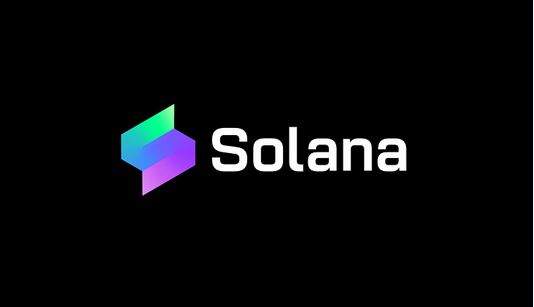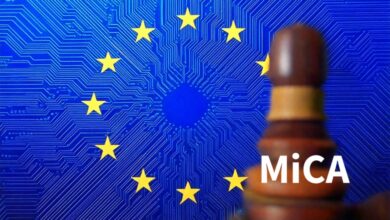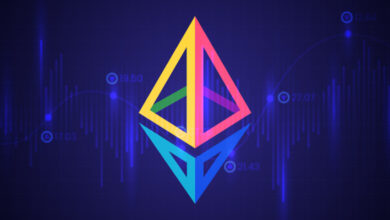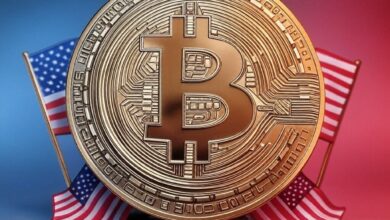Solana Community Votes for Major Shift in Network Fees Distribution

On May 27, the Solana community voted to allocate 100% of the network’s priority fees to its validators. The proposal, which passed with a 77% majority, marks a major shift in how the network’s fees are distributed.
Previously, the priority fees on the Solana network were split evenly between rewarding validators and the token-burning mechanism designed to reduce the supply of SOL, the network’s native cryptocurrency.
The vote, known as SIMD-0096, was closely monitored by the Solana community, with sources such as SolanaFloor and ratedw3b providing detailed breakdowns. This change is expected to further incentivize validators, potentially enhancing the network’s stability and security.
It is worth noting that since the end of 2023, Solana (SOL) has experienced a significant price increase, reaching a high of approximately $210 in March 2024. As of now, SOL is trading around $171. Despite this strong price performance, Solana has faced several challenges, notably network congestion and multiple outages. In fact, the network’s first major network crash occurred in September 2021, when bot activity overwhelmed the network, causing a 17-hour outage.
Similar issues recurred in December 2021, linked to high traffic and events like SolChick’s game token sale. In 2023, another major outage was attributed to an upgrade in the validator software, which led to network instability until validators manually restarted the network using a stable software version.
These incidents have prompted Solana’s developers to continuously work on bug fixes and other improvements to enhance the blockchain’s resilience, although they acknowledge that future crashes cannot be entirely ruled out.
Despite these setbacks, Solana continues to lead in transaction throughput. According to CoinGecko, the network hit a record 1,504 transactions per second (TPS) on April 6, 2024, significantly outpacing Ethereum’s current layer-1 speed. This high throughput is a double-edged sword, contributing to both Solana’s impressive performance metrics and its vulnerability to congestion and outages.
As Solana strives to balance advanced transaction speeds with network reliability, the community’s recent decision to fully reward validators with priority fees may be a step towards enhancing the network’s overall robustness.
Nonetheless, according to CryptoSlate, although the vote has concluded, it may take several months to activate SIMD-0096 because the current Solana Mainnet or the next upgrade does not support it yet.
This delay allows time for more discussion and development of other proposals, such as SIMD-0123, which aims to streamline block reward distribution, and SIMD-0109, which suggests a native tipping mechanism.





